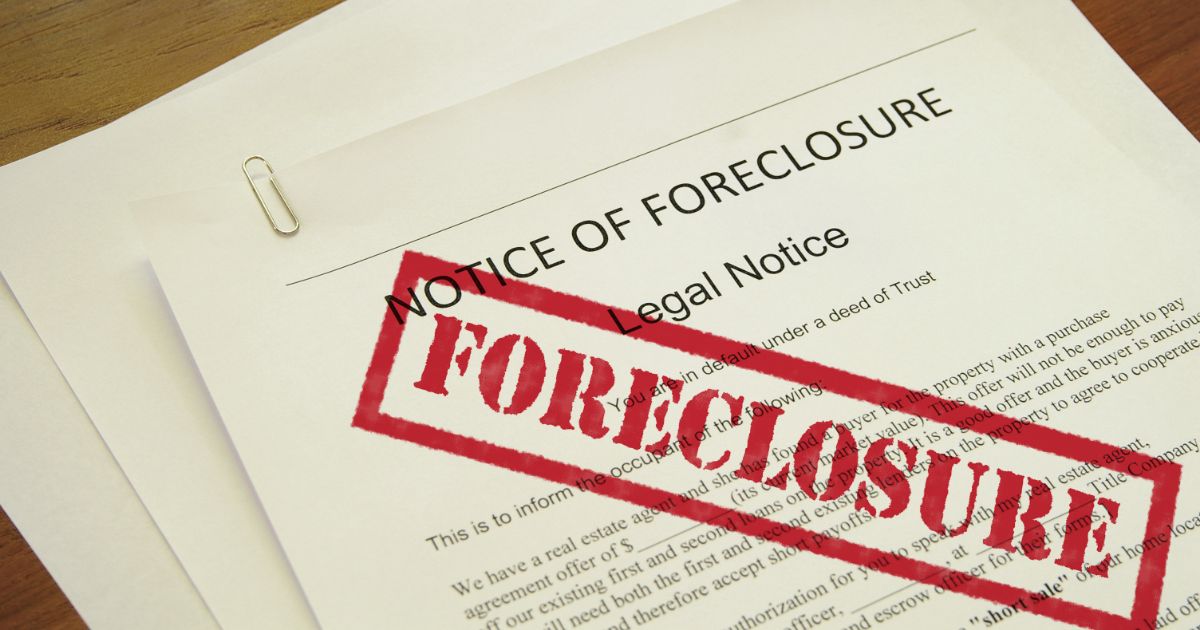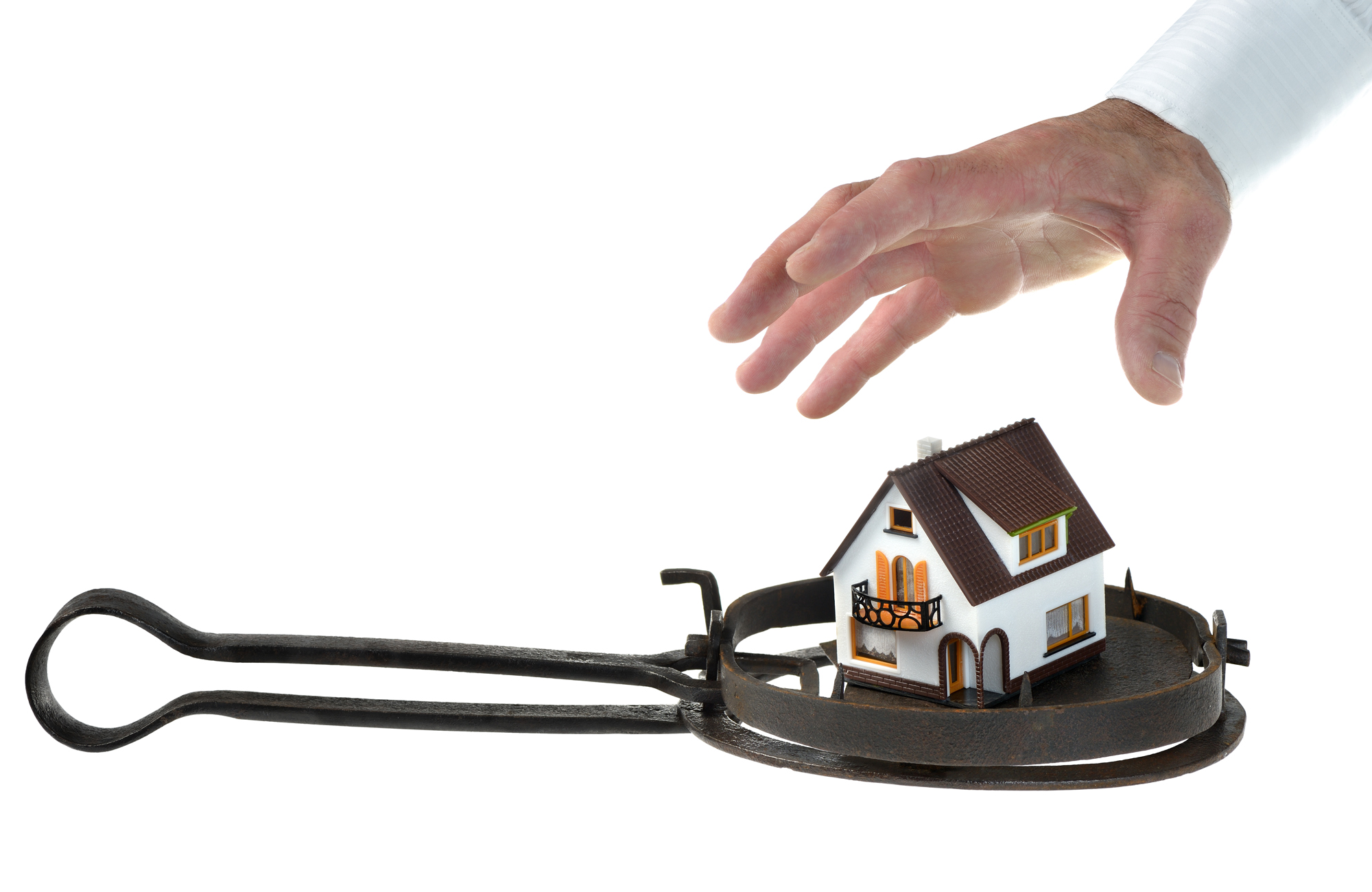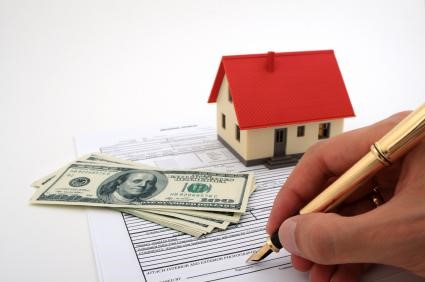Facing foreclosure can be incredibly stressful, especially if you're not sure what your rights are. In Georgia, the laws are a little different than in many other states, so it’s important to know what you’re dealing with and what you can do.
Georgia is known as a non-judicial foreclosure state. That means lenders don’t have to go to court to take back a house if the owner falls behind on mortgage payments. Because the process can move quickly, understanding your foreclosure rights in Georgia can make a big difference in how you respond and what options are available to you.

What is the Georgia foreclosure process?
There are two main types of foreclosure, but in Georgia, one is much more common than the other:
-
Non-judicial foreclosure: This is the standard method used in the state. It doesn’t involve going to court. Instead, the lender follows a set of rules laid out in your mortgage or deed of trust. They’re required to notify you and advertise the home for sale before it’s auctioned off.
-
Judicial foreclosure: This is much less common than non-judicial foreclosure in Georgia. It’s used when there’s no “power of sale” clause in the mortgage documents. In that case, the lender would have to take you to court to foreclose on the home.
The Georgia foreclosure process can happen fairly quickly. It typically starts after a few missed mortgage payments. Once the process begins, the lender must send a notice at least 30 days before the home is scheduled to be sold. The sale itself is usually held on the first Tuesday of the month on the courthouse steps.
Because things can move fast, it's important to act early and know your rights.
A foreclosure can stay on your credit report for up to seven years, which can make it harder to get approved for another loan in the future. It can also affect the interest rates you get on credit cards, car loans, and future mortgages.
Your rights as a homeowner in a Georgia foreclosure
Even if you’ve fallen behind on payments, you still have certain rights. Here are some of the most important ones:
The right to get proper notice
Under Georgia foreclosure laws, the lender must send you two important notices:
-
A notice of default, which tells you that you’re behind on your mortgage and that foreclosure proceedings could start.
-
A notice of sale, which tells you the date your Atlanta house will be sold.
By law, this notice has to be sent at least 30 days before the foreclosure sale. It also has to be published in the local newspaper for four weeks leading up to the sale.
The right to catch up on payments
In Georgia, you have the right to reinstate the loan—that means catching up on the missed payments, plus any late fees and legal costs—up until the day before the foreclosure sale. This is often called “curing the default."
To do this, you’ll need to ask your lender for a reinstatement quote. This document outlines exactly how much you owe to stop the foreclosure process.
The right to redeem the property
After the foreclosure sale, some states allow homeowners to buy their home back within a certain time frame. This is called the right of redemption. In Georgia, this right only exists in very limited situations—mainly in judicial foreclosures or tax lien cases. In most non-judicial foreclosure cases, there is no right of redemption after the sale.
Exploring your options during foreclosure
Even if foreclosure seems unavoidable, you may still have choices. Here are a few routes people often explore:
-
Loan modification: You can ask your lender to change the terms of your loan to make it more affordable.
-
Forbearance: This is a temporary pause or reduction in payments while you get back on your feet.
-
Short sale: You might be able to sell the house for less than you owe on the mortgage, with your lender’s approval.
-
Deed in lieu of foreclosure: This means giving the home back to the lender instead of going through the foreclosure process.
If keeping the house isn’t an option, some homeowners choose to sell a house "as is" in Atlanta to avoid the long-term damage of foreclosure. There are companies that buy houses that work with homeowners in a variety of situations—including those dealing with missed payments, property damage, or inherited homes.
These options can be especially helpful if you're trying to sell a house that needs repairs in Georgia and without fixing it up. Many of these buyers are considered trusted home buyers, and they focus on helping people find a path forward—though it's always important to do your research and check reviews.
Know your foreclosure rights.
Foreclosure is never easy, but understanding your foreclosure rights in Georgia can give you more control and peace of mind. Whether you’re still current on your payments or already received a notice from your lender, it’s worth taking the time to learn about your options under Georgia foreclosure laws.
There are legal protections in place, and even when the situation feels overwhelming, you may have more choices than you realize. If you’re unsure where to start, contacting a housing counselor or attorney who knows Georgia law can help you make informed decisions and protect your rights.
This blog is for informational purposes only and should not be considered legal advice.















